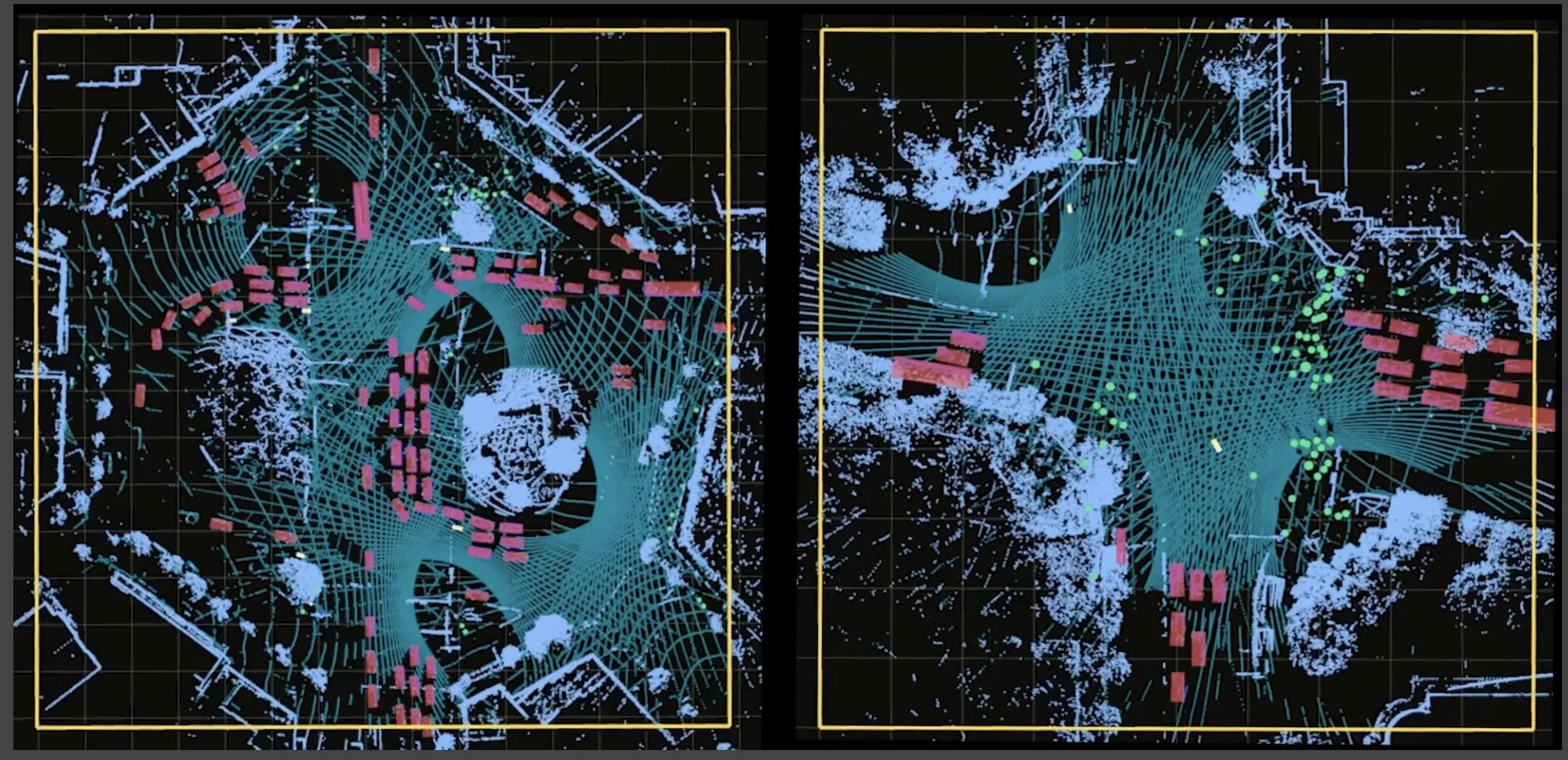UK-based Rfpro has launched a commercially available platform to train and develop autonomous vehicles (AVs) in simulation. The innovation is said to reduce the costs and time involved in developing these vehicles as well as provide a safe testing environment.
The solution intends to replicate the real word to allow the various sensors of AVs to react naturally. In addition, Rfpro is producing a library of real roads created through precise scanning technology, to help form the basis of the simulation. The digital product is said to enable users to control all variables such as traffic, pedestrians, weather and location.
Chris Hoyle, Rfpro’s technical director said: “By using multiple computers 24/7, manufacturers can undertake millions of miles of testing every month using our platform. Humans can also be introduced into the simulation, controlling surrounding cars or pedestrians, so we can assess an autonomous vehicle’s decision making and also the interaction between the vehicle and the driver, but most importantly it is carried out in a safe environment.”
Rfpro develops platform to test AVs in simulated environment
UK-based Rfpro has launched a commercially available platform to train and develop autonomous vehicles (AVs) in simulation. The innovation is said to reduce the costs and time involved in developing these vehicles as well as provide a safe testing environment. The solution intends to replicate the real word to allow the various sensors of AVs to react naturally. In addition, Rfpro is producing a library of real roads created through precise scanning technology, to help form the basis of the simulation.
April 5, 2018
Read time: 2 mins








